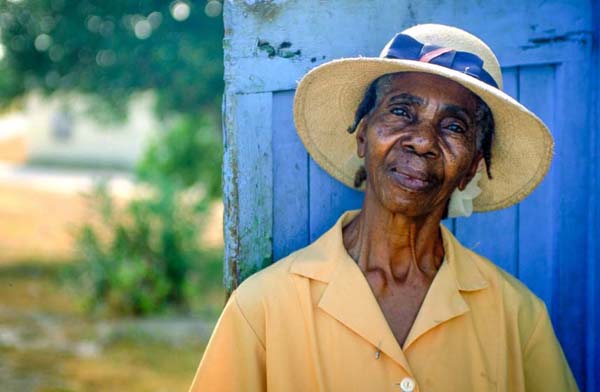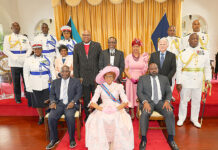
Our society has been stumbling in social grace. Good conduct and good manners, which are learnt behaviours for children, usually start in the home. Where the home is lacking, children are exposed to other influences, such as schools, religious communities, public officials, entertainment and sports personalities, who by their role in society are seen as surrogates.
There was a time when clichés such as ‘what comes out the mouth defiles a person’, ‘show me your company and I’ll tell you who you are’ and ‘manners maketh the man’ were not only teaching tools to ensure the cultivation of attitudes befitting social grace, but admonishment when one falls out of grace, or a warning on whom to shun. These are becoming blurred each day, given the conduct of those from whom it is least expected and our citizenry in particular.
Understandably, this is not the Victorian Age. But values such as ‘thank you’ after being served, respecting each other in things said, and how we treat others are ageless. The cliché ‘do unto others as you would like them to do unto you’ transcends time, is still relevant, and remains applicable.
Where the slipping and sliding began, who wants to point a finger at whom, continuing the blame game and the ‘I am innocent’ syndrome characteristic of our culture will do nothing in addressing the malaise, which needs fixing ASAP. The young learn from their seniors, and will in turn treat others based on what they have learnt. Approximately 65 percent of the population is 40 years and younger. It is not unfair or unreasonable to require that positive tones and standards be set for them to emulate. This demographic will tomorrow be the majority in leadership; and unless a behavioural revolution takes place, the young will continue in, and bequeath to their offspring, the debasement and degeneracy they have learnt and come to accept as normal behaviour.
We have leaders across the societal spectrum, calling others names, disrespecting those older than themselves, and thinking the young must ‘wait their turn.’
Public officials, government, business and those who rely on the public for their relevance and/or income ought to be mindful of their attitude. In societies that value public opinion, where persons have acted out of line or offended the public, they would change what they did, apologise, or remove themselves from the spheres of influence they occupy. Unfortunately, in our society, such courtesies are treated as inconsequential, with the message invariably being sent that “I don’t care what others think.”
There is also little or no regard for customer service in the public and private sectors. Members of the public are often made to feel that a favour is being granted, rather than service being delivered. As the society grows in age, likewise must opinion shapers and leaders, public and business officials, and leaders in civil society be ever mindful how they treat the citizens and each other.
Persons can share ideas and information, hold different views, outright disagree with another without having to be dishonest and disagreeable. Frighteningly, there is a prevailing tendency to accept or reject a point of view based on who is the messenger rather than the content of the message. This carries consequences, in that the truth may never be acted on, or a wrong decision can continue.
This nation has to reset the button on propriety and decorum. Each and every one carries the responsibility to make it happen for us and country.
There was a time in The Bahamas’s evolution when Bahamians were seen as the beacons of social grace, and it is possible to reclaim that pinnacle.









